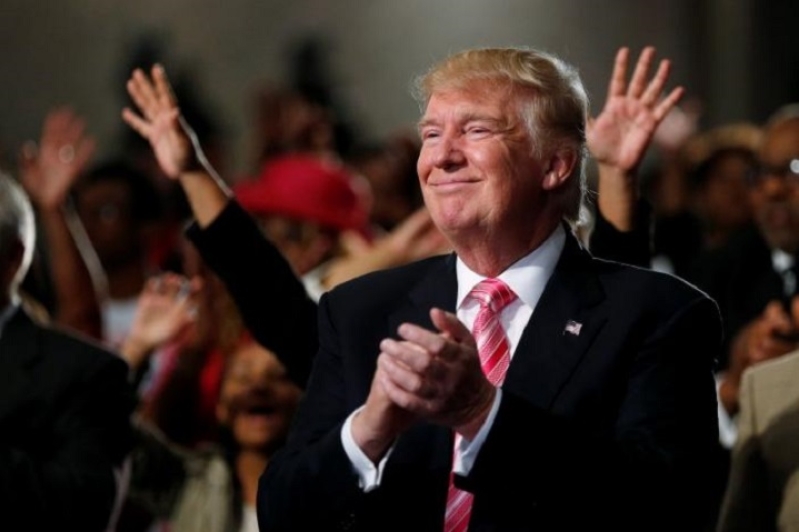
A little over a week after United States President-elect Donald Trump made a controversial phone call with Taiwan president Tsai Ing-wen that sparked diplomatic protests from Beijing, he questions the "One China Policy."
The call, according to BBC, was made after Trump said that China has missed out on a lot of agreements with the US, the two biggest of which are the exchange rate operations and the muscle-flexing security concerns in the South China Sea.
"I don't know why we have to be bound by a One China policy unless we make a deal with China having to do with other things, including trade," Trump said in an interview with Fox News on Sunday. He pointed out China's failure to cooperate on the currency issue and North Korea, among others.
Trump took to social media as well, by tweeting his thoughts regarding the One China policy and he has never held back in speaking out his criticism of China's recent actions that he believes its lack of cooperation with the US.
Earlier, Beijing officials chided Trump by sending out a formal protest with the US Embassy in China after Trump took a call from Tsai. China considered the act as a sign of disrespect and a break from diplomatic tradition that goes way back 1979.
"I don't want China dictating to me and this was a call put into me. It was a very nice call. Short. And why should some other nation be able to say I can't take a call?," says Trump about the call with the Taiwanese president.
"I think it actually would've been very disrespectful, to be honest with you, not taking it," Trump adds.
The One China policy became the foundation of US-Chinese relations after the United States recognized Beijing as the ruling Chinese government, which also declared Taiwan as a breakaway government from the mainland leadership.
The issue regarding Taiwan as a breakaway government from China was so critical that then-US-president Jimmy Carter had to sever official ties with Taiwan just so the government would allow the establishment of an embassy in Beijing.
Trump, however, justified that the US has been on the losing end for several years, including the recent events that shook the foundations of US-China relations and said he finds it hard to understand why the US needs to continue with its relations when it has not benefitted so much from them in recent years.
Tsai, however, denied that the call was anything but a courtesy congratulatory gesture for Trump's victory and denies it is about establishing foreign relations with the US.







